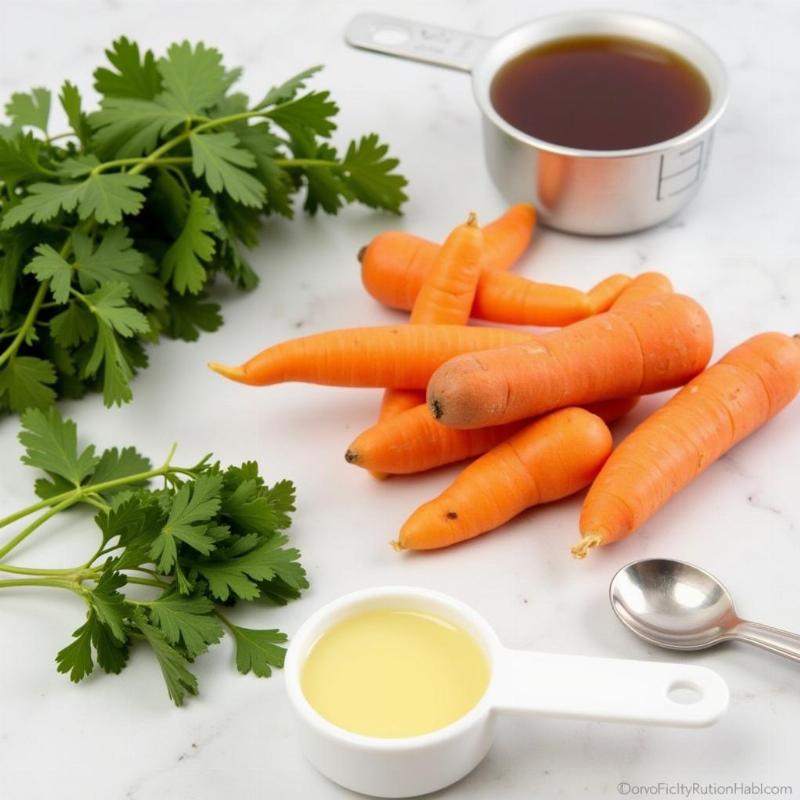Keeping your dog’s teeth clean and healthy is a top priority for any responsible pet owner in the US. While regular brushing is essential, homemade dental chews offer a tasty and engaging way to supplement your dog’s oral hygiene routine. These chews can help scrape away plaque, massage gums, and freshen breath, all while providing a satisfying treat. But with so much information available, navigating the world of homemade dental chews can be overwhelming. This guide will provide you with safe, effective, and delicious recipes approved by veterinary experts, ensuring your furry friend enjoys the best possible dental care.
Why Homemade Dental Chews?
Beyond the obvious dental benefits, opting for homemade chews allows you to control the ingredients, ensuring your dog isn’t exposed to any harmful additives or preservatives often found in commercial products. You can tailor the recipe to your dog’s specific dietary needs and preferences, catering to allergies or sensitivities. Plus, making your own chews can be a fun and rewarding experience, strengthening the bond between you and your canine companion. Many commercial dental chews contain sugars, artificial flavors, and colors that can be detrimental to your dog’s overall health. Choosing homemade allows you to prioritize natural, wholesome ingredients.
 Ingredients for Homemade Dental Chews
Ingredients for Homemade Dental Chews
Simple and Effective Homemade Dental Chew Recipes
Here are a few vet-approved recipes to get you started:
Carrot and Parsley Chews
- 1 cup grated carrots
- 1/4 cup chopped fresh parsley
- 1 tablespoon coconut oil
- 1/4 cup beef broth (low sodium)
Combine all ingredients in a bowl and mix thoroughly. Spread the mixture thinly on a baking sheet lined with parchment paper. Bake at 250°F (120°C) for 2-3 hours, or until dry and firm. Allow to cool completely before giving to your dog. These chews are rich in Vitamin A and offer a refreshing breath boost thanks to the parsley.
Sweet Potato Chews
- 1 large sweet potato, peeled and thinly sliced
Simply slice the sweet potato into thin strips and dehydrate in a dehydrator or oven at a low temperature (around 135°F or 57°C) until completely dry and chewy. These chews are naturally sweet and packed with fiber, promoting healthy digestion. Remember to monitor your dog while they enjoy these chews, as the size and texture can pose a choking hazard for smaller breeds.
Beef Tendon Chews (For Power Chewers)
- Beef tendons (sourced from a reputable butcher)
Boil the beef tendons for several hours until softened. Then, bake at a low temperature (200°F or 93°C) for 4-6 hours, or until completely dry and hard. These long-lasting chews are perfect for aggressive chewers and offer a natural source of collagen, which supports joint health. Always supervise your dog with these chews to prevent choking.
Are Dental Chews Bad for Dogs?
While generally safe, some potential downsides to dental chews exist. Some dogs may experience digestive upset if introduced to new ingredients too quickly. Always start with small amounts and monitor your dog’s reaction. are dental chews bad for dogs offers a comprehensive look at the potential risks and benefits. Overconsumption can also lead to weight gain, so moderation is key. Choose chews appropriate for your dog’s size and chewing habits.
Choosing the Right Chew for Your Dog
Consider your dog’s size, age, and chewing habits when selecting a recipe. Puppies and senior dogs may benefit from softer chews, while aggressive chewers require more durable options. beef lung treats for dogs and are beef knee caps safe for dogs can offer insight into appropriate chew options for different dogs. Always supervise your dog while they are enjoying any chew, and ensure fresh water is readily available.
Conclusion
Homemade dental chews provide a natural, healthy, and enjoyable way to support your dog’s oral hygiene. By using wholesome ingredients and following these simple recipes, you can create tasty treats that help keep your dog’s teeth clean, breath fresh, and gums healthy. Remember to consult with your veterinarian before introducing any new treats to your dog’s diet, especially if they have existing health conditions.
FAQ
- How often should I give my dog homemade dental chews? Offer chews a few times a week as a supplement to regular brushing.
- Can I freeze homemade dental chews? Yes, freezing can extend their shelf life.
- What if my dog doesn’t like the homemade chews? Experiment with different recipes and ingredients to find what your dog enjoys.
- Are rawhide chews a good alternative? Rawhide can pose choking hazards and digestive issues. Homemade chews are a safer alternative.
- Can I add supplements to my homemade chews? Consult your vet before adding any supplements.
- What should I do if my dog breaks a tooth on a chew? Contact your veterinarian immediately.
- Are these chews suitable for all dog breeds? Most are, but adjust size and hardness based on your dog’s breed and age.
Beautdogs.us is your premier destination for all things dog-related in the US. We offer expert advice on dog breeds, care, and products, catering to both new and experienced dog owners. Our goal is to provide you with the most reliable and comprehensive information to ensure your furry friend lives a happy, healthy life. Learn more about how we can help you navigate the wonderful world of dog ownership by contacting us at [email protected] or +1 501-555-7529. Visit Beautdogs.us today!